Dealing with Tick Bites
Tick bites are more than just an annoyance, they are potentially dangerous for humans and pets. Ticks are known transmitters of various illnesses, such as Lyme disease, which has been the most commonly encountered tick-borne illness in Connecticut. While many precautions can be taken to avoid contact with ticks, sometimes, people do get bitten by them regardless. Here are the major steps to take if you should, unfortunately, have an encounter with a tick.
 Finding and Removing a Tick
Finding and Removing a Tick
First, remove the tick. If the tick is not yet attached and just on the skin, simply remove it and dispose of the tick, as they can only spread disease to humans when they attach to the body and bite.
If the tick is attached, it will be more work to remove it. There are many at home remedies on how to remove ticks, but these methods have been proven ineffective and potentially dangerous. They can agitate the tick, causing it to burrow deeper into the skin. There is only one proper way to remove a tick, according to experts. Use a pair of fine-tipped tweezers and firmly grab the tick as close to the skin as possible, being careful not to squeeze the tick’s body. The tick should pull away from the skin, which will form a “tent like” appearance when the insect is being removed. With luck, the whole tick will be removed, but if any parts are left behind, leave them alone to avoid further irritating the area.
What to do Once the Tick is Removed
Once the tick is removed, it can be disposed by placing in a sealed container or Ziplock™ bag, wrapping it tightly in tape or flushing it down the toilet. The skin should be cleaned gently with rubbing alcohol as well as soap and water, then watched for any signs of infection. For example, one of the first signs of Lyme Disease is a circular rash that is clear in the center and gets progressively more red in color as the circle expands. Other symptoms may include fever, headache, muscle and joint pain, or fatigue.
 Doctors say…
Doctors say…
Most doctors will recommend a course of antibiotics for someone who has been bitten by a tick as a preventative measure. When taken right away, the antibiotics can help prevent Lyme disease from developing. While there are blood tests for Lyme disease, they are not effective for two to six weeks after the person is bitten. Therefore, if you or someone you know has been bitten, it is best to monitor their health for any signs of illness.
It does take a little bit of time to contract a disease from a tick bite. The tick must start feeding, as doing so releases an organism into their saliva that is transmitted to the host. However, according to the CDC, this can take as many as 48hours or more from when the tick attaches to the host – which is a relief for many people who find an attached tick on their body. This does not mean there is no risk of illness – it just means chances decrease if the tick is found and removed within that time frame.
How Mosquito Joe Can Help
Mosquito Joe of Gold Coast CT helps Fairfield County and Western New Haven residents add an extra layer of defense with our barrier and all-natural tick, mosquito, and flea control treatments. Don’t get ticked off this season, instead enjoy your yard worry-free with Mosquito Joe! Reach out to us today at 203-890-0034 to arrange your first service.
 Outside is fun again.
Outside is fun again.
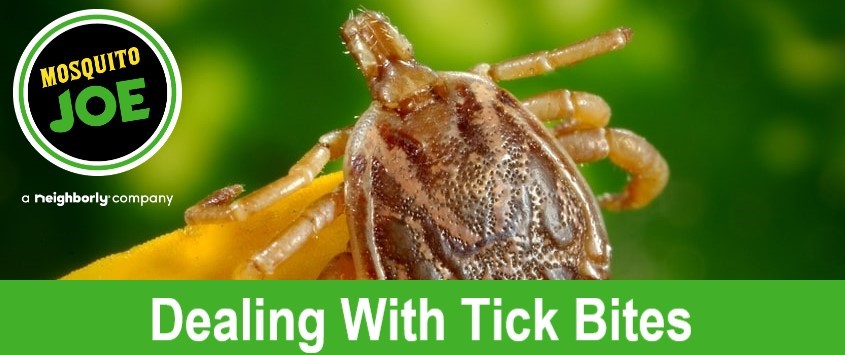
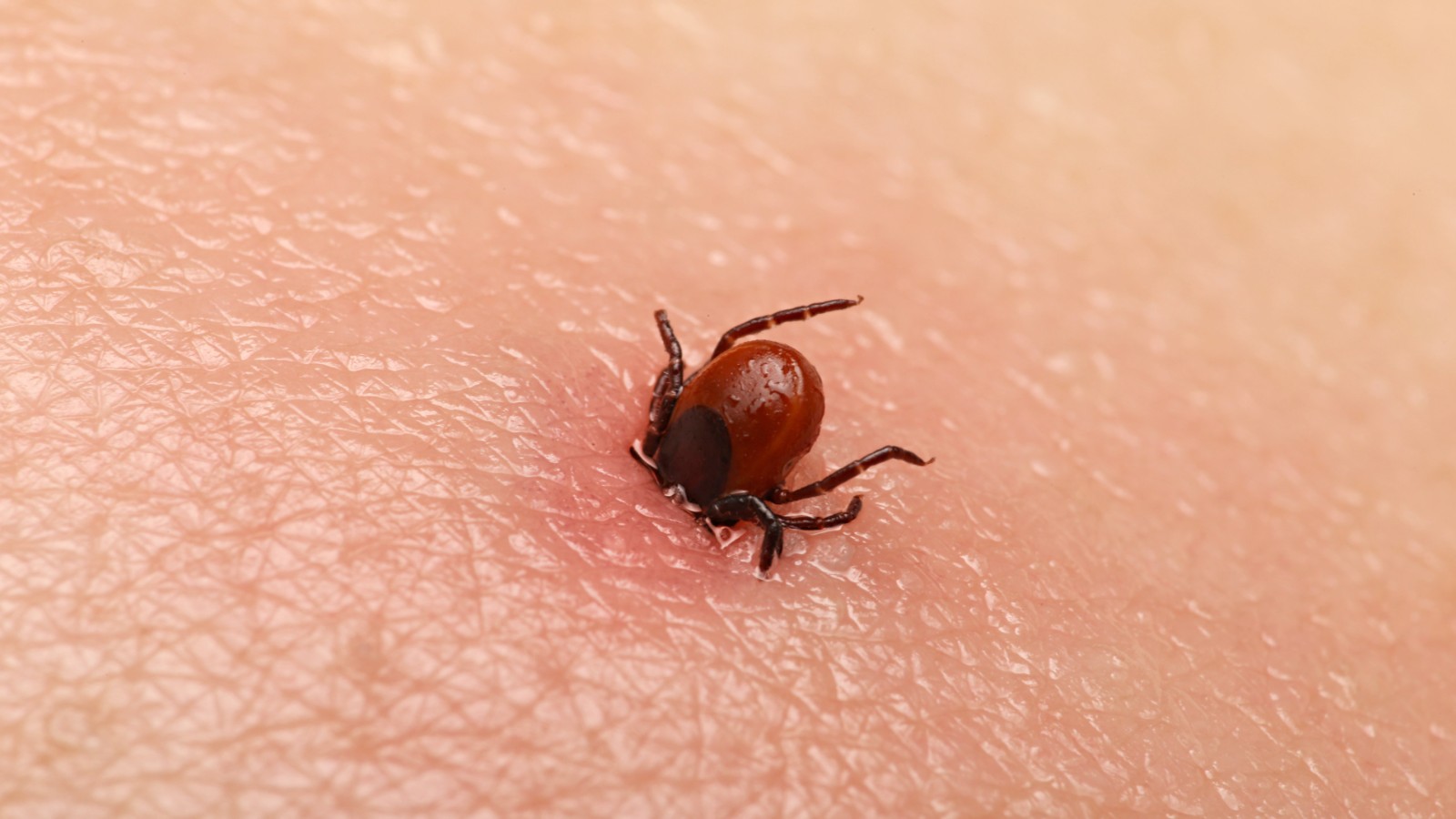 Finding and Removing a Tick
Finding and Removing a Tick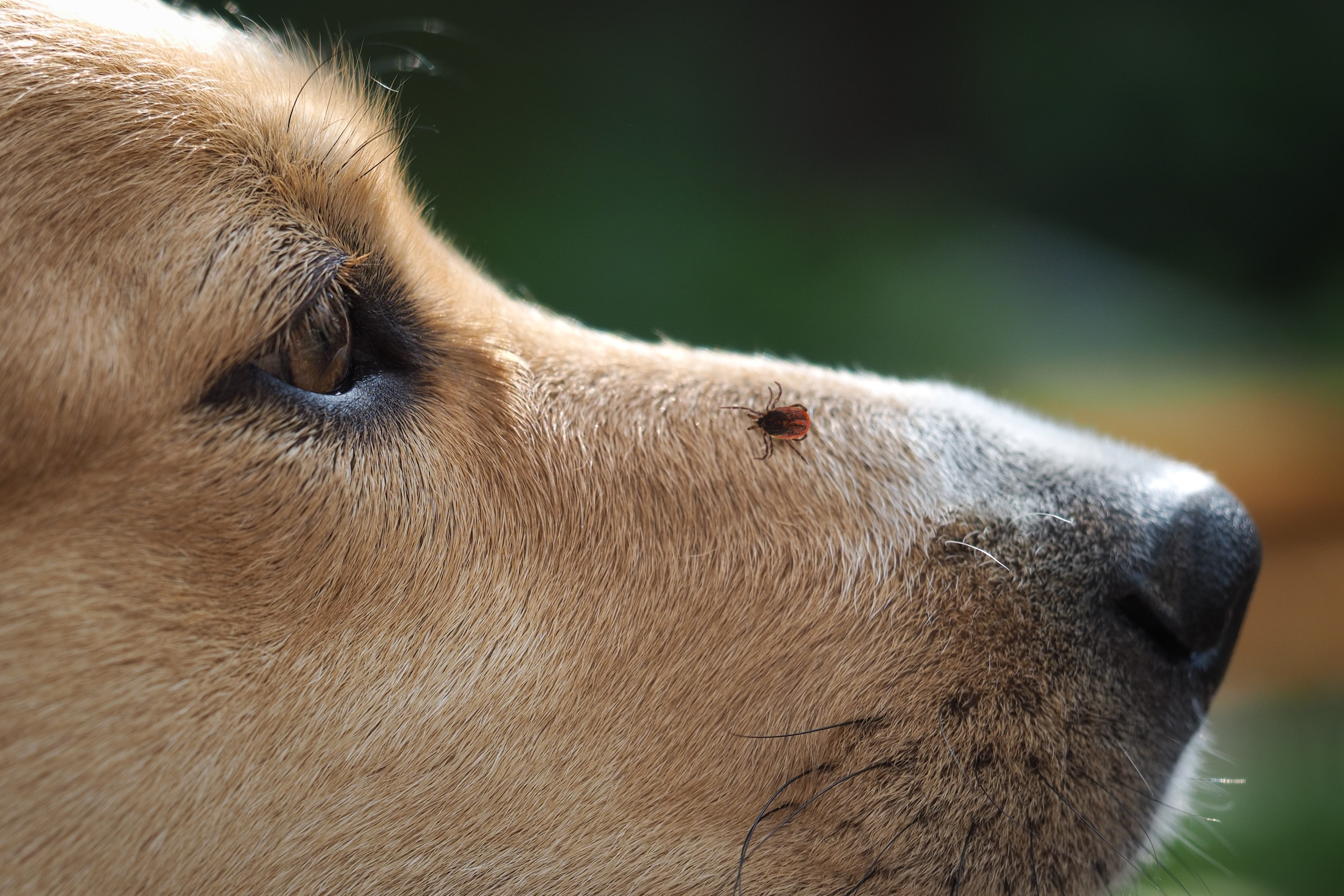 Doctors say…
Doctors say…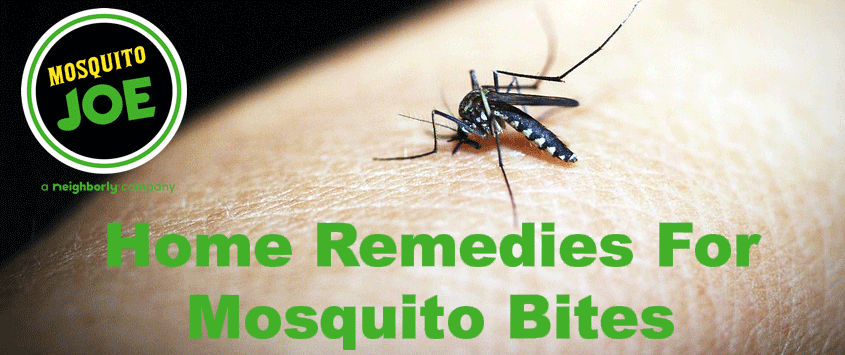


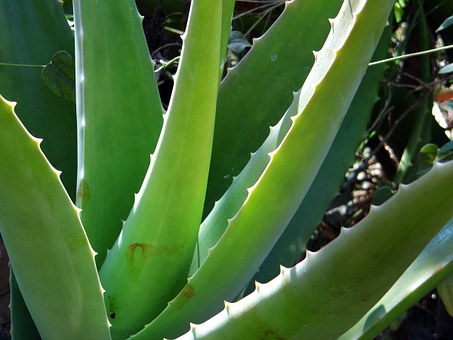

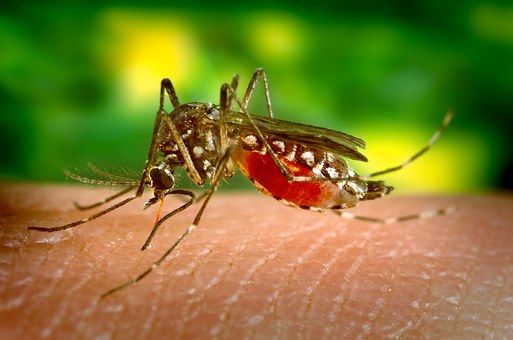 West Nile virus is the leading mosquito-borne illness in the United States and is transmitted through the bite of an infected mosquito. Mosquitoes themselves become infected when they feed on an infected bird Although most people do not feel sick when they contract the disease, about one in five will run a fever and be fatigued. One in 150 will develop a more serious illness, per the Center for Disease Control. There is currently no vaccine for the virus, nor is there a medication people can take when they contract it. Most people take over the counter medications to relieve aches and pains, and some doctors may prescribe antibiotics to prevent infection or complications. Nonetheless, there is no cure. The best way to avoid West Nile transmission
West Nile virus is the leading mosquito-borne illness in the United States and is transmitted through the bite of an infected mosquito. Mosquitoes themselves become infected when they feed on an infected bird Although most people do not feel sick when they contract the disease, about one in five will run a fever and be fatigued. One in 150 will develop a more serious illness, per the Center for Disease Control. There is currently no vaccine for the virus, nor is there a medication people can take when they contract it. Most people take over the counter medications to relieve aches and pains, and some doctors may prescribe antibiotics to prevent infection or complications. Nonetheless, there is no cure. The best way to avoid West Nile transmission Mosquito Joe of Gold Coast CT offers effective mosquito barrier treatments that eliminate pesky mosquitoes for up to 21 days! Our trained and licensed technicians apply an effective barrier treatment that targets shrubs and plants around your yard. This both kills mosquitoes and larvae on contact and then acts as a repellent for up to three weeks*. After a short wait of 30 minutes your yard is ready for some outdoor fun!
Mosquito Joe of Gold Coast CT offers effective mosquito barrier treatments that eliminate pesky mosquitoes for up to 21 days! Our trained and licensed technicians apply an effective barrier treatment that targets shrubs and plants around your yard. This both kills mosquitoes and larvae on contact and then acts as a repellent for up to three weeks*. After a short wait of 30 minutes your yard is ready for some outdoor fun!